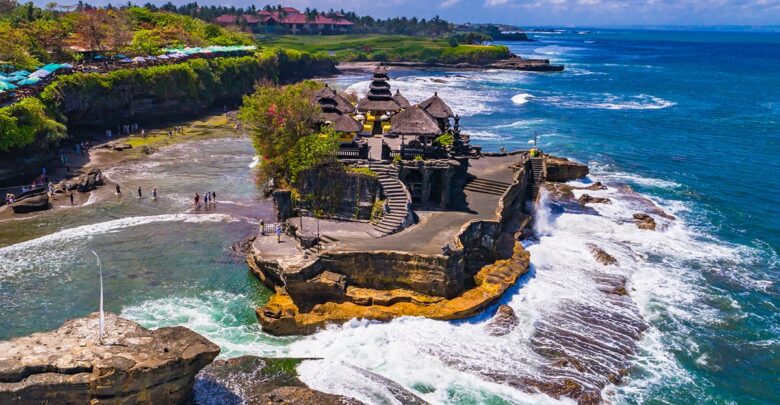
The first international disaster forum since the start of the Covid-19 pandemic is a unique opportunity to pave the way for a “safe and sustainable future”, the Global Platform for Disaster Risk Reduction heard during the official opening.
The event, which brings together governments, the UN system and key players to share knowledge and trends in reducing disaster risk, takes place after the pandemic further set back progress in every area of global development from climate change to gender equality.
The result was 350 to 500 medium- to large-scale disasters last year, according to the recent Global Assessment Report, with the toll set to reach 560 – or 1.5 disasters a day – by 2030 without a radical rethink in how risk is managed and financed.
“Our actions and decisions can inadvertently influence our risk and exposure,” said Amina J. Mohammed, Deputy Secretary-General of the United Nations.
“Over the next three days, we have a unique opportunity to consider the best policy options to move from risk to resilience, and to take important steps to ensure the recovery from Covid-19 puts us back on track for a safe and sustainable future. We also need to factor disaster risk reduction into our financial frameworks, to ‘think resilience’ in all financial investments.”
The UN’s flagship Global Assessment Report, which last month raised the alarm that humanity was on a “spiral of self-destruction”, was discussed during the opening day of the Global Platform alongside official statements from Member States.
The findings were particularly relevant for the Asia-Pacific region, where disasters cost on average 1.6 per cent of GDP a year, more than any other part of the world.
“Indonesia is a nation that is highly prone to disasters. In 2022, as of May 23, 1,300 disasters have taken place and in a month, on average, 500 earthquakes happened,” said H.E. Joko Widodo, President of the Republic of Indonesia.
“Therefore, at the Global Platform for Disaster Risk Reduction, today, the government of Indonesia offers to the world the concept of resilience as a solution to mitigate all forms of disasters, including pandemics.”
H.E. President Widodo also called on all nations to “commit and be serious” in implementing the Sendai Framework for Disaster Risk Reduction (2015-2030).
Organised by the UN Office for Disaster Risk Reduction (UNDRR) and hosted by the Government of Indonesia, the Global Platform will also take stock of the implementation to date of the UN’s Sendai Framework, recommend actions for policymakers, highlight good practices and raise awareness. The outcomes will be synthesized in the co-Chairs’ summary and will contribute to the inter-governmental midterm review of the Sendai Framework scheduled for 2023.
“Our gathering is proof that humanity has not given up,” said Mami Mizutori, Special Representative of the UN Secretary-General for Disaster Risk Reduction. “We must seize this moment to transform how we view and manage risks.”
About UNDRR
The UNDRR is the focal point for disaster risk reduction within the UN system. It oversees the implementation of the Sendai Framework for Disaster Risk Reduction 2015-2030 and convenes and organizes the Global Platforms for Disaster Risk Reduction.




